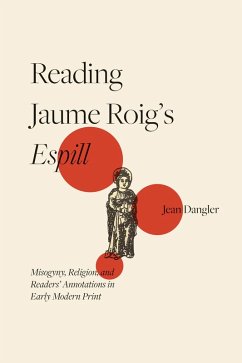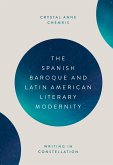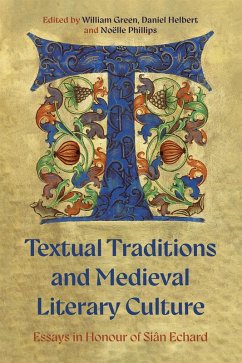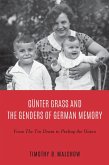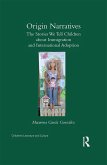What lessons did readers take from the Espill (The Mirror)?
This book examines key marginalia in sixteenth-century printed copies of the fictional, pedagogic tale about the alleged dangers of earthly women composed by Valencian physician Jaume Roig. Written in Catalan verse in approximately 1460, the Espill focuses on two main themes, misogyny and religious material, including the critique of religious personnel but also absolute praise of the Virgin Mary. More than 50 printed copies of the work exist today, an extraordinary number for the period.
The book argues that readers seemed to interpret contrasting secular misogyny and holy topics as harmonious, with the Espill's misogyny synchronizing with its religious message and materials. Readers appear to have considered the Espill as a guide, whether with regard to biblical stories and lessons, women's menstruation, or women's shameful character, and did not demonstrate outrage or perplexity about women's portrayal. The annotative evidence, previously overlooked, sheds light on misogyny's relationship to larger systems of power and on the broader connection between women's depiction in the Espill and in Isabel de Villena's proto-feminist Vita Christi, both of which derived from Valencia's same late fifteenth-century social and professional milieu.
This book examines key marginalia in sixteenth-century printed copies of the fictional, pedagogic tale about the alleged dangers of earthly women composed by Valencian physician Jaume Roig. Written in Catalan verse in approximately 1460, the Espill focuses on two main themes, misogyny and religious material, including the critique of religious personnel but also absolute praise of the Virgin Mary. More than 50 printed copies of the work exist today, an extraordinary number for the period.
The book argues that readers seemed to interpret contrasting secular misogyny and holy topics as harmonious, with the Espill's misogyny synchronizing with its religious message and materials. Readers appear to have considered the Espill as a guide, whether with regard to biblical stories and lessons, women's menstruation, or women's shameful character, and did not demonstrate outrage or perplexity about women's portrayal. The annotative evidence, previously overlooked, sheds light on misogyny's relationship to larger systems of power and on the broader connection between women's depiction in the Espill and in Isabel de Villena's proto-feminist Vita Christi, both of which derived from Valencia's same late fifteenth-century social and professional milieu.
Dieser Download kann aus rechtlichen Gründen nur mit Rechnungsadresse in A, D ausgeliefert werden.

